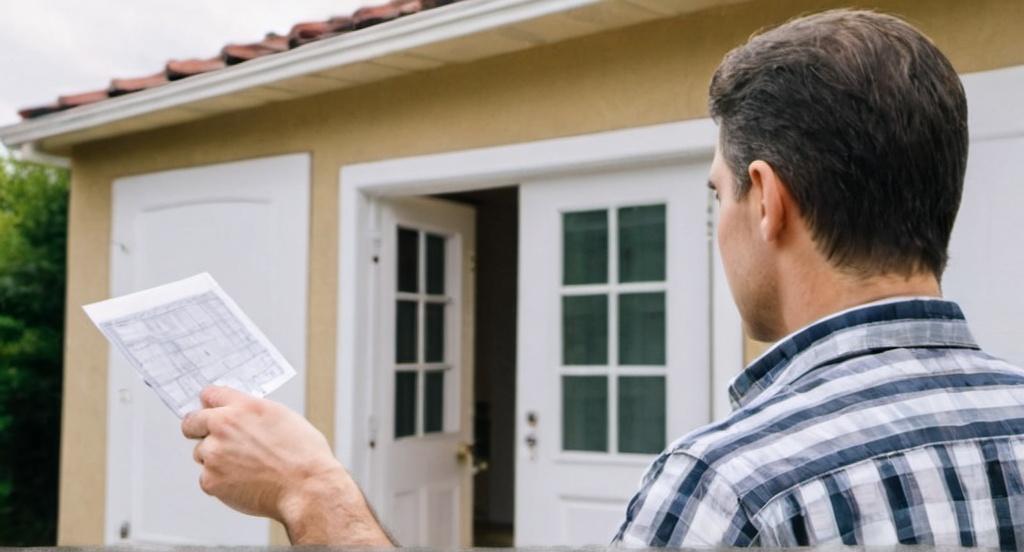Key Take Aways about Renting a House
- Understand your rental priorities: location, noise level, and proximity to amenities.
- Thoroughly review lease agreements for terms, renewal options, and penalties.
- Be clear on security deposits, potential deductions, and additional fees.
- Consider commute times and accessibility over rental cost.
- Clarify who’s responsible for utilities and maintenance.
- Negotiate rent and terms, especially during off-peak months.
- Invest in renters insurance for protection against unforeseen events.
- Learn from personal renting experiences to avoid common pitfalls.
- Rent with intent to improve your quality of life, not just as a roof over your head.

Understanding the Basics of Renting a House
Jumping into renting a house can be like trying to jump on a moving bus. You gotta time it right or risk a lot of bruising. Before you sign any lease, it’s crucial to get your head around a few basics. Start by knowing what you want. Are you looking for a quiet spot on the outskirts, or is being close to the action your vibe?
Lease Agreements and What to Look For
Let’s not kid ourselves, reading a lease agreement is less thrilling than watching paint dry. But glance over the fine print, because, hey, nobody wants unexpected surprises down the road. Pay attention to the lease term, renewal options, and any penalties associated with breaking your lease early. Knowing these could save you a truckload of headaches later on.
Security Deposits and Other Fees
So, you’ve found the right place and are ready to seal the deal. Enter the security deposit. This is basically your landlord’s insurance against any potential home-wrecking activities you might engage in. Be clear on what can cause deductions from your deposit. Ask about cleaning fees or if your pet llama will rack up additional charges. And remember, in many places, your deposit should be returned within a month or so of you moving out, provided you haven’t converted the living room into a mosh pit.
Location and Commute
What’s the point of grabbing a cheap place if you spend more on gas driving two hours to work? Factor in commute and accessibility. Proximity to public transport, shopping centers, and parks can sometimes be more valuable than a snazzy bathroom with those heated tiles. Trust me, your future self who’s late for work will thank you.
Utilities and Maintenance Responsibilities
Before inking your lease, get the 411 on utilities. Are they included in the rent, or will you be footing the bill? Also, find out who’s responsible for what in terms of maintenance. Is the landlord handling repairs, or do you need to get your hands dirty when the sink decides to become a geyser? Knowing who to call when things go south can ease many midnight anxieties.
Negotiating Rent and Terms
Here’s where you put on your bargaining hat. Believe it or not, rent isn’t always set in stone. Some landlords are open to negotiations, especially if you’re signing a longer lease or moving in during the slower rental months. It doesn’t hurt to ask, right?
Renters Insurance: Yea or Nay?
Let’s talk about renters insurance. This little safety net can cover your behind if disaster strikes. We’re talking theft, fire, or that time your upstairs neighbor’s bathtub comes crashing down into your unit. It’s relatively cheap and can save you from financial ruin when life throws a “whoopsie” on your doorstep.
Personal Stories and Experiences
Not to get all touchy-feely, but everyone has that one renting story. Like the time my buddy rented what looked like a steal of a deal. Turns out, it was built back when people thought asbestos was harmless. A little research could’ve saved him from having to relocate and deal with health concerns. Learn from the woes of others, and do your due diligence.
Conclusion: Renting with Purpose
Renting a house isn’t just about finding a temporary roof over your head; it’s about making a space your own, even if it’s for a short while. So take the time to understand what’s in your lease, know your rights, and find a place that not only meets your needs but enhances your day-to-day living. After all, a home is where you recharge before facing the world outside again.